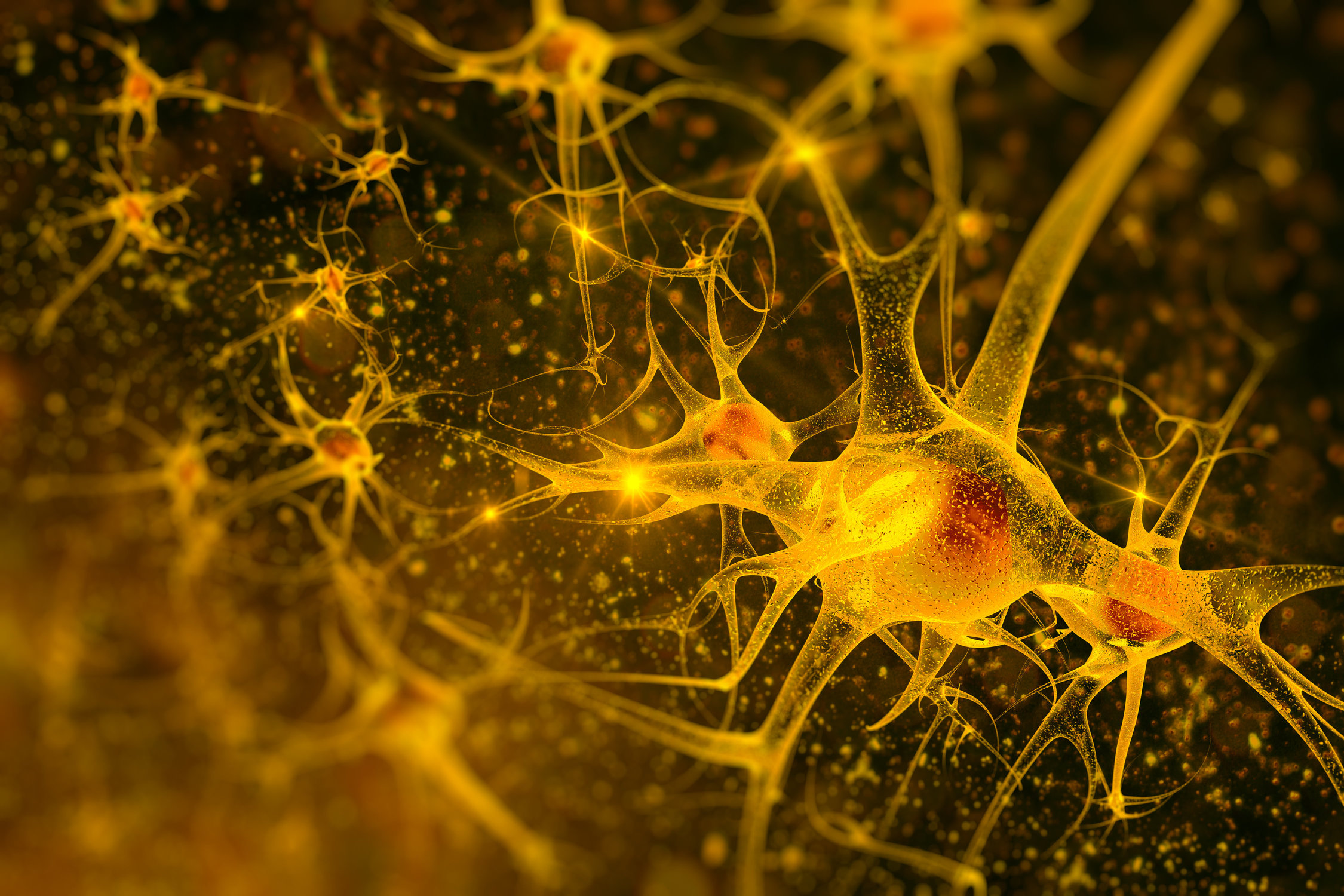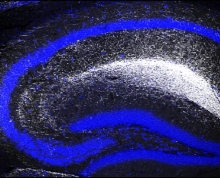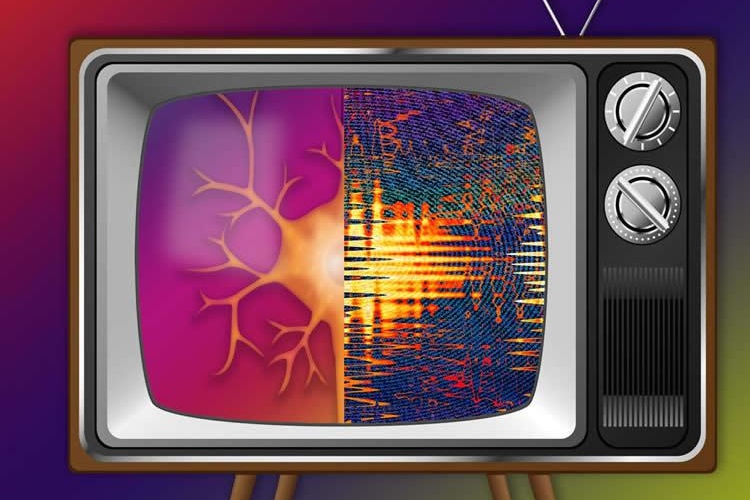May 22, 2017
How the Brain Turns Down the Volume on Your Noisy Body
The brain’s ability to recognize and tune out sensory stimuli produced by the body’s own actions — to distinguish ‘self’ from ‘other’ — is a long recognized, yet poorly understood, biological phenomenon. Nathanial Sawtell, a principal investigator at Columbia’s Mortimer B. Zuckerman Mind Brain Behavior Institute, focuses his research on uncovering how it works.
May 3, 2017
Detailed Images Reveal Interactions that Affect Signaling In The Brain
New findings may help understand the processes that contribute to conditions such as Alzheimer’s and Parkinson’s diseases, epilepsy, and schizophrenia — and could lead to the development of drugs to counteract these conditions.
April 27, 2017
Tangled Up and Blue: Neurons’ Faulty Wiring Leads to Serotonin Imbalance, Depression-Like Behavior in Mice
Columbia scientists have identified a gene that allows neurons that release serotonin — a neurotransmitter that regulates mood and emotions — to evenly spread their branches throughout the brain. Without this gene, these neuronal branches become entangled, leading to haphazard distribution of serotonin, and signs of depression in mice.
April 4, 2017
Curious Cells: How the Brain Makes Up Its Mind
Dr. Jacqueline Gottlieb talks about what her latest research has revealed, what it could mean for people with attention deficit disorder and how it might improve artificial intelligence.
April 3, 2017
Schizophrenia Signs in Mice Linked to Uncoordinated Firing of Brain Cells, Says Study
The results of a study by Columbia researchers suggest that a breakdown in the synchronized behavior of small group of brain cells could produce the classic disordered thinking and perceptions associated with schizophrenia.





